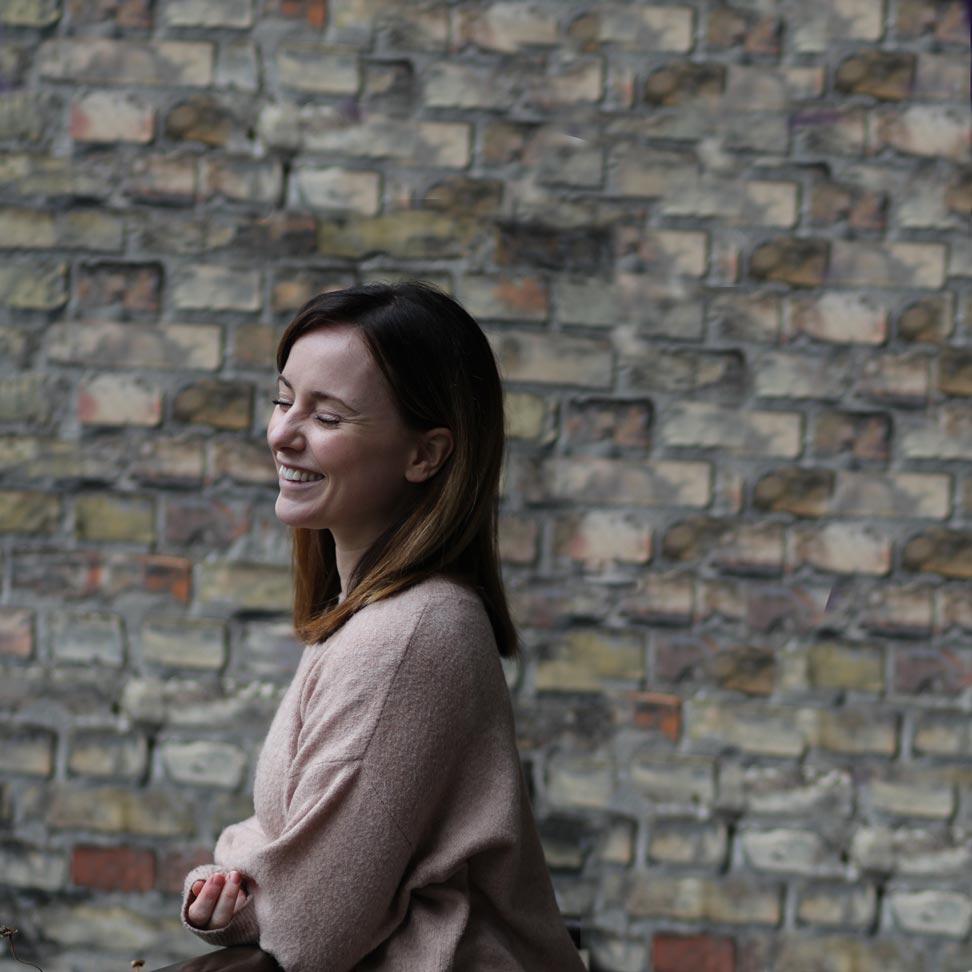Travelling with a partner can be an incredibly rewarding experience and can strengthen a healthy relationship. It can also test the limits and ties of two people confronted with new cities, cultures, and challenges. Thankfully, we’ve gathered a few simple ways to prevent the most common sources of friction when travelling as a couple.
Here are a few of our top tips for speed bump-free travel.
1. Know your partner
There’s that old adage that a holiday will make or break a relationship. Because it’s often true. While there’s nothing more fulfilling than making memories to last a lifetime with a friend or significant other, it’s pure torture to realise a few weeks into a round-the-world trip that you’re stuck with someone you can’t stand.
Finding the right travel companion takes careful consideration, because anything that’s irritating at home is likely to be magnified 100% for people living like two peas in a pod 24/7 and facing challenges on the road.
2. Set a realistic budget
‘Money’ doesn’t have to be a dirty word when travelling with your boyfriend or girlfriend. © epSos.de
When Pink Floyd wrote “Money, so they say, is the root of all evil today”, they had a point. Nothing unravels pleasure as quickly as bitterness over budgets. So agreeing on one before leaving home is a good idea. Obviously, it’ll need to match your desired lifestyle.
Budgetary limitations can mean the difference between roughing it in a noisy hostel in Barcelona, or splurging on a lavish hotel room with an ocean view in Bali. But, even when budgets match, it’s a great rule of thumb to rough out guidelines on spending priorities. That way there are no surprises, and no problems, when a dream helicopter trip over the Grand Canyon swallows 25% of the dough in one fell swoop.
3. Agree on how you will split costs
Healthy relationships are built on compromise. Learn to split costs for a successful holiday experience. © garryknight
If you’re a travelling couple who have not yet arrived at that “what’s yours is mine” stage, it might be wise to agree on when and how to split the bill.
Rather than having friction arise from situations where one side feels they are unjustly paying for more than the other, it is a good idea to have a joint ‘kitty’ with some designated dosh for romantic dinners and the like, as well your own separate wallets.
4. Make friends
Relationship tips for travelling together? Try dancing with new friends. © bernhard.frank
No matter how intimate a relationship is, you are rarely together for extended periods when you’re at home. Making an effort to meet new people not only relieves a little bit of holiday pressure, it also opens you up to new characters and experiences.
Couples travelling together often need to make an extra effort to strike up conversations. Making new friends, getting tips from fellow travellers, and just chatting with people from different cultures is often what you remember most when you get back home. And sometimes, those friendships you make when travelling can outlast both time and geography.
5. Spend some time alone
Advice for romantic holidays? Spend some time apart. © Instant Vintage
Once the fun with your new friends wanes, it might be useful for you and your loved one to spend some time apart. Plus, you need to remember: just because you’re on holiday, you don’t need to be together all the time.
If you and your partner have different interests, take a break and pursue your individual sights of interest. That will also give you a chance to miss each other before reuniting.
6. Count to 20
Hotel lost your reservation? Got attitude from the waiter at that restaurant? Taxi driver rip you off?
These things happen. Don’t take it out on your partner. Instead, count to 20 (at least) before making a remark that probably won’t help the situation. If you fail at this step and end up taking it out on your partner, take some time out to cool off and remember to apologise.
7. Utilise each other’s strengths
Is your significant other a first class photographer? Then compromise and let them take the holiday snaps. © Instant Vintage
Remember what you told each other when you first met? “You complete me.”
Okay maybe not, but still – it is great to take into account that you almost certainly have different strengths that, when combined, make up one awesome travelling team. Perhaps you are good at haggling and your partner is good at turning on the charm, getting that last table at the restaurant you desperately wanted to try.
Make sure you utilise each other’s different abilities. It will definitely make the trip run smoothly and help make memories to remember.


